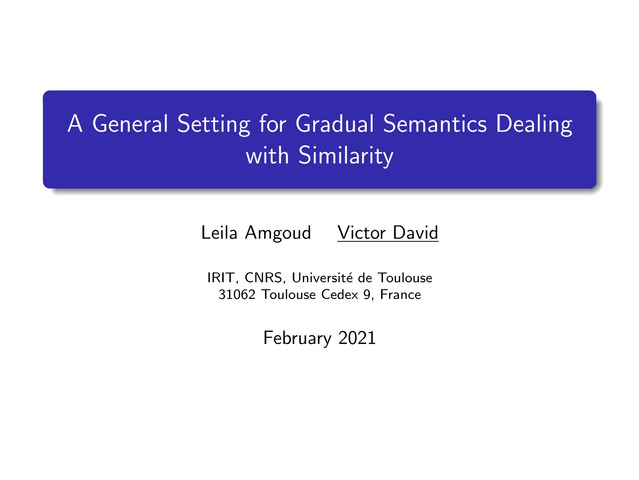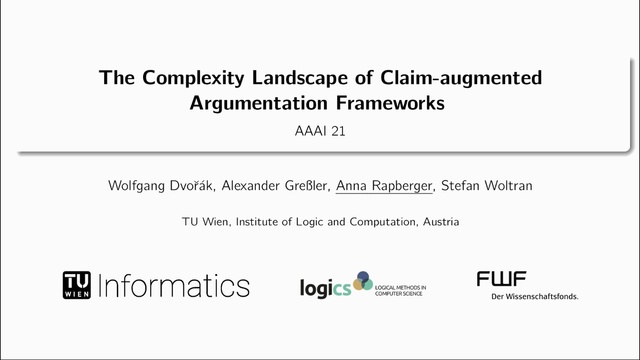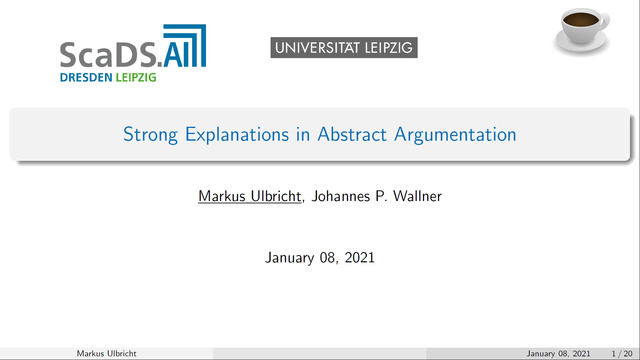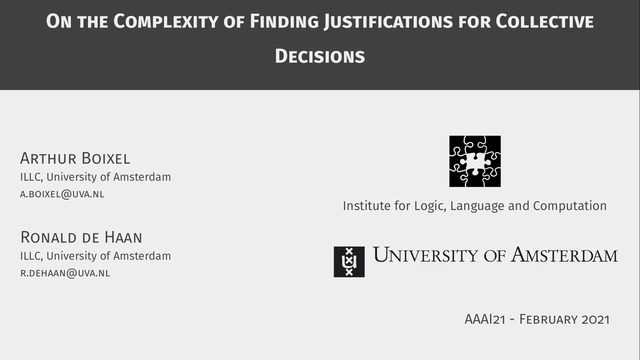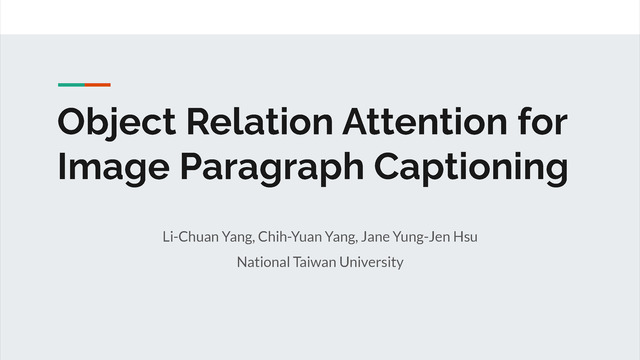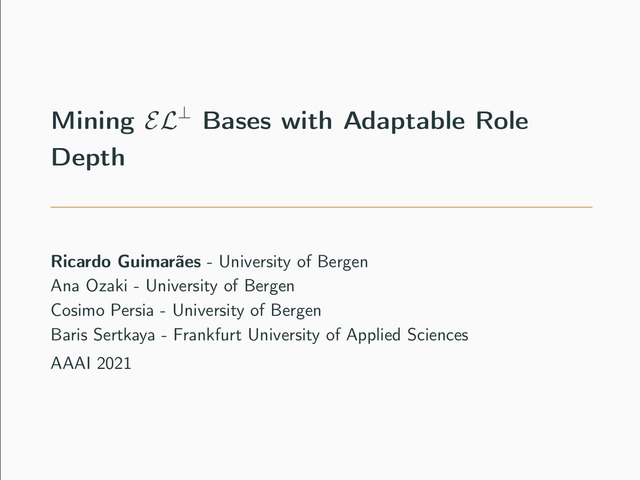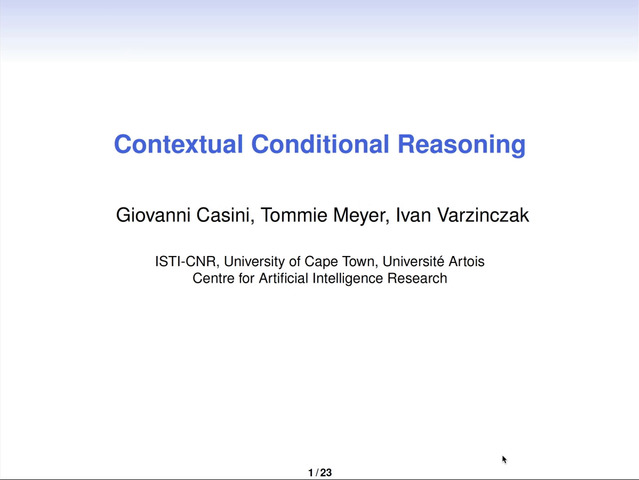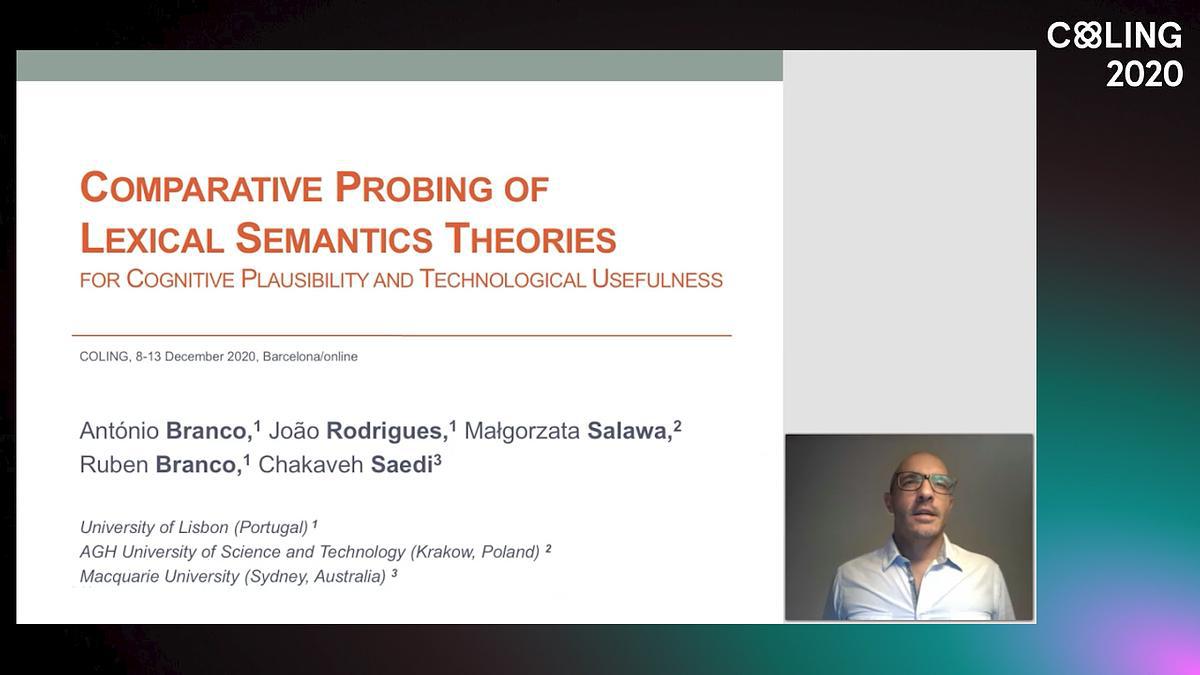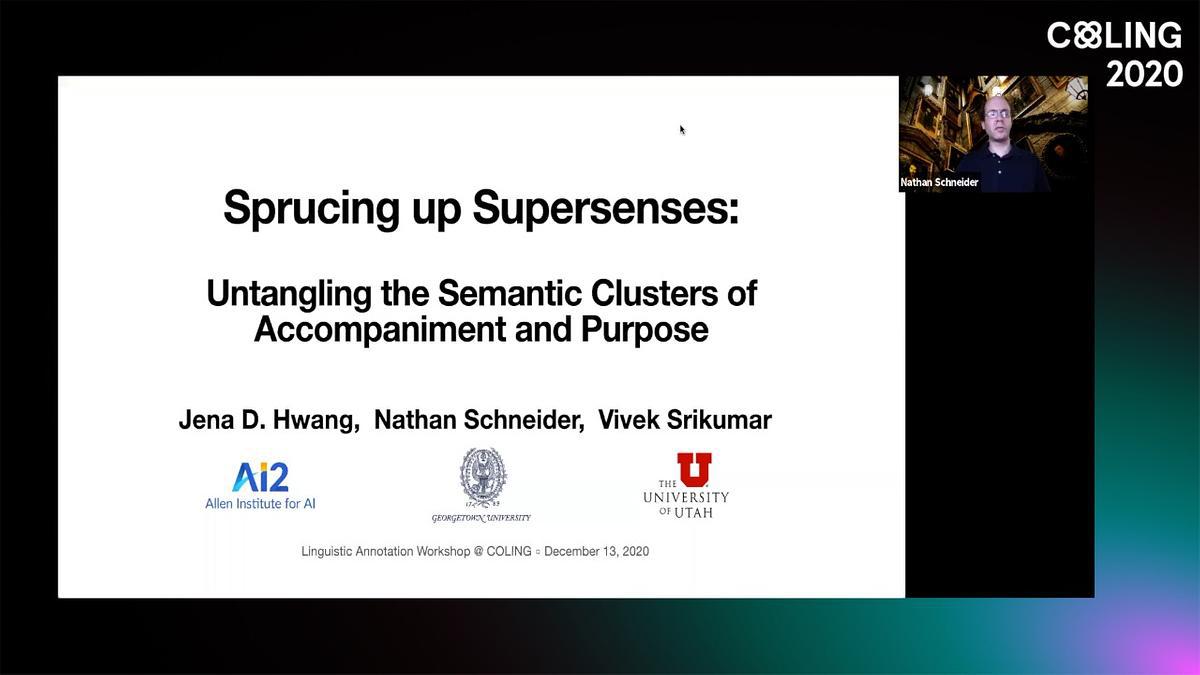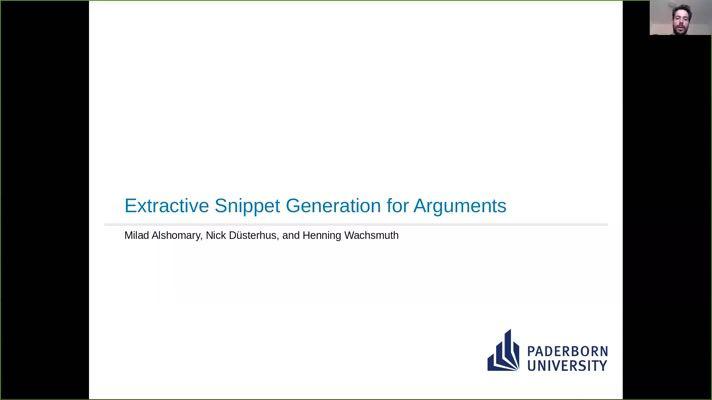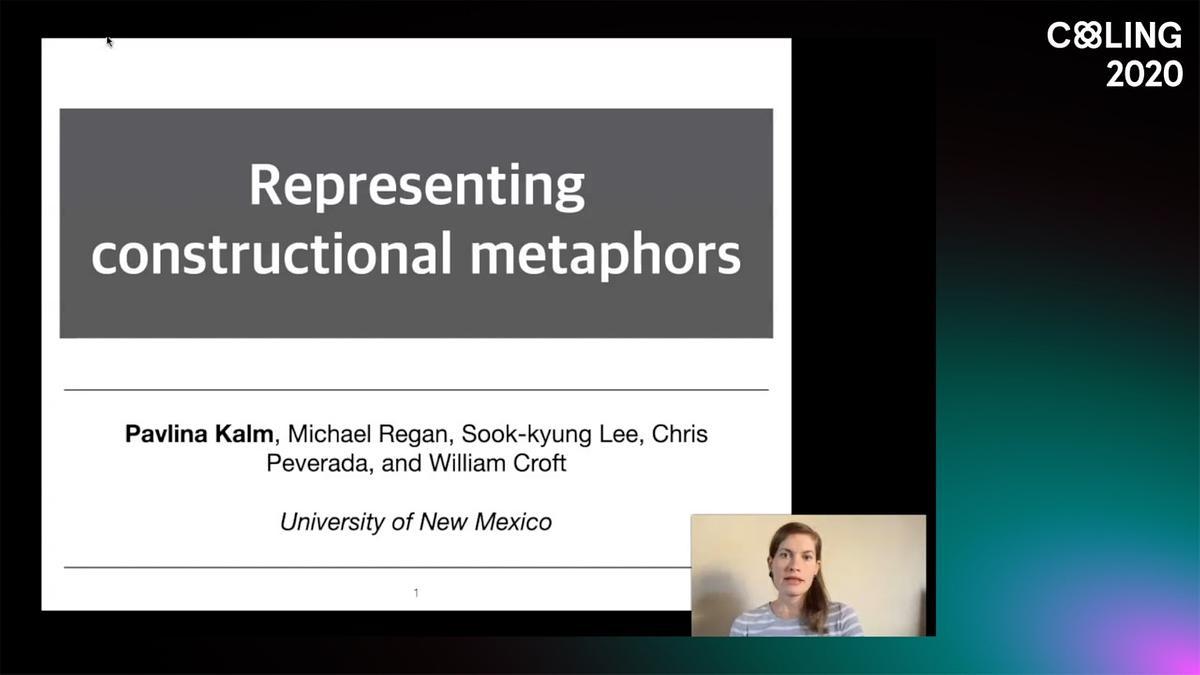Abstract:
Extension-based semantics in abstract argumentation provide a criterion to determine whether a set of arguments is acceptable or not. In this paper, we present the notion of extension-ranking semantics, which determines a preordering over sets of arguments, where one set is deemed more plausible than another if it is somehow more acceptable. We obtain extension-based semantics as a special case of this new approach, but it also allows us to make more fine-grained distinctions, such as one set being "more complete'' or "more admissible'' than another. We define a number of general principles to classify extension-ranking semantics and develop concrete approaches. We also study the relation between extension-ranking semantics and argument-ranking based semantics, which rank individual arguments instead of sets of arguments.



